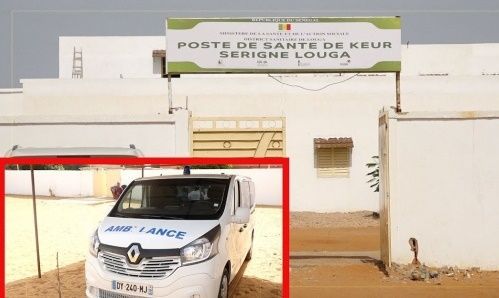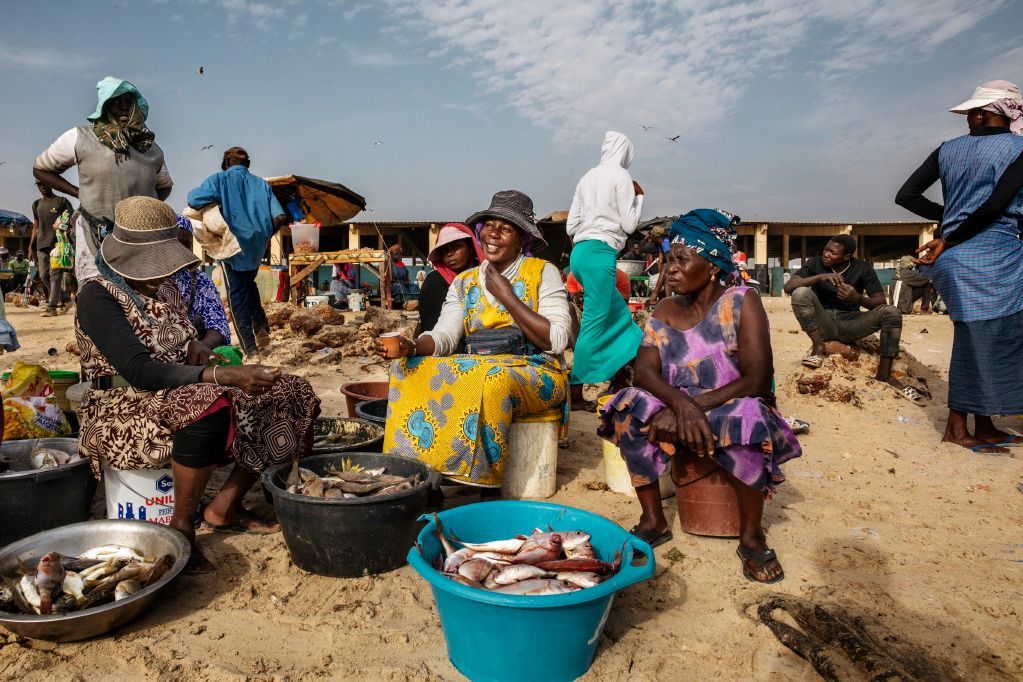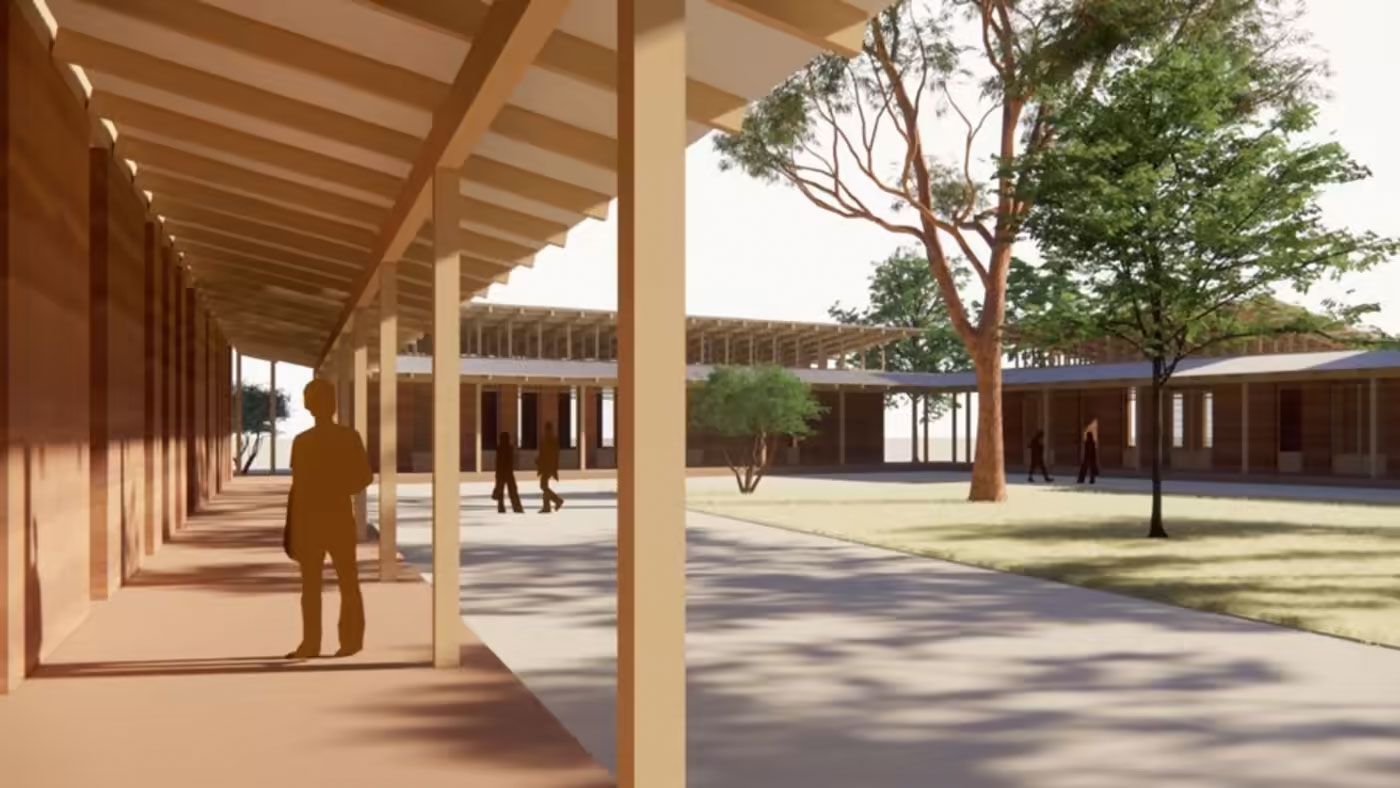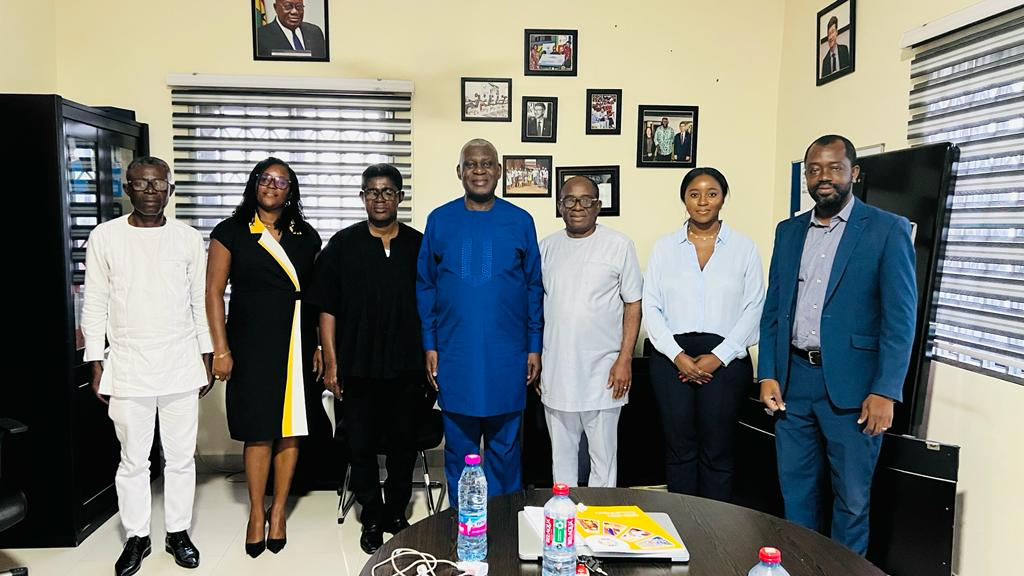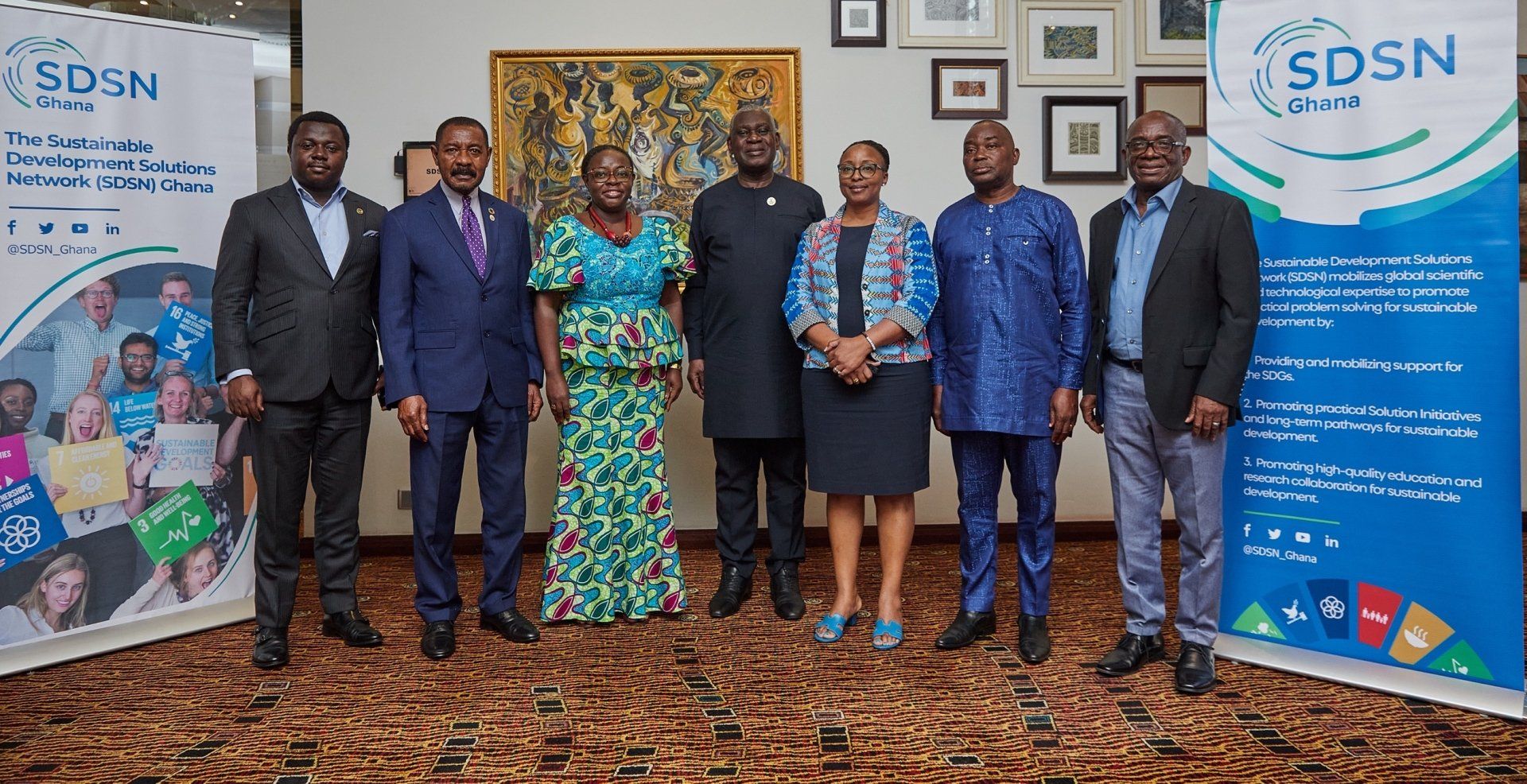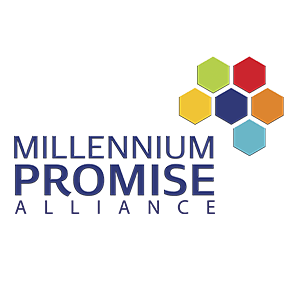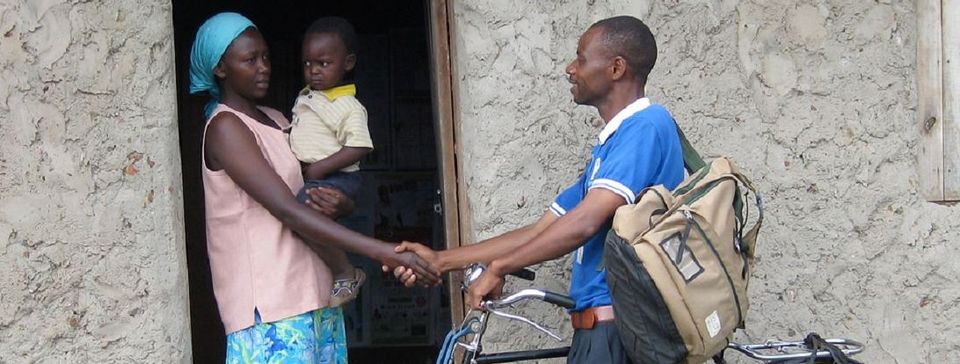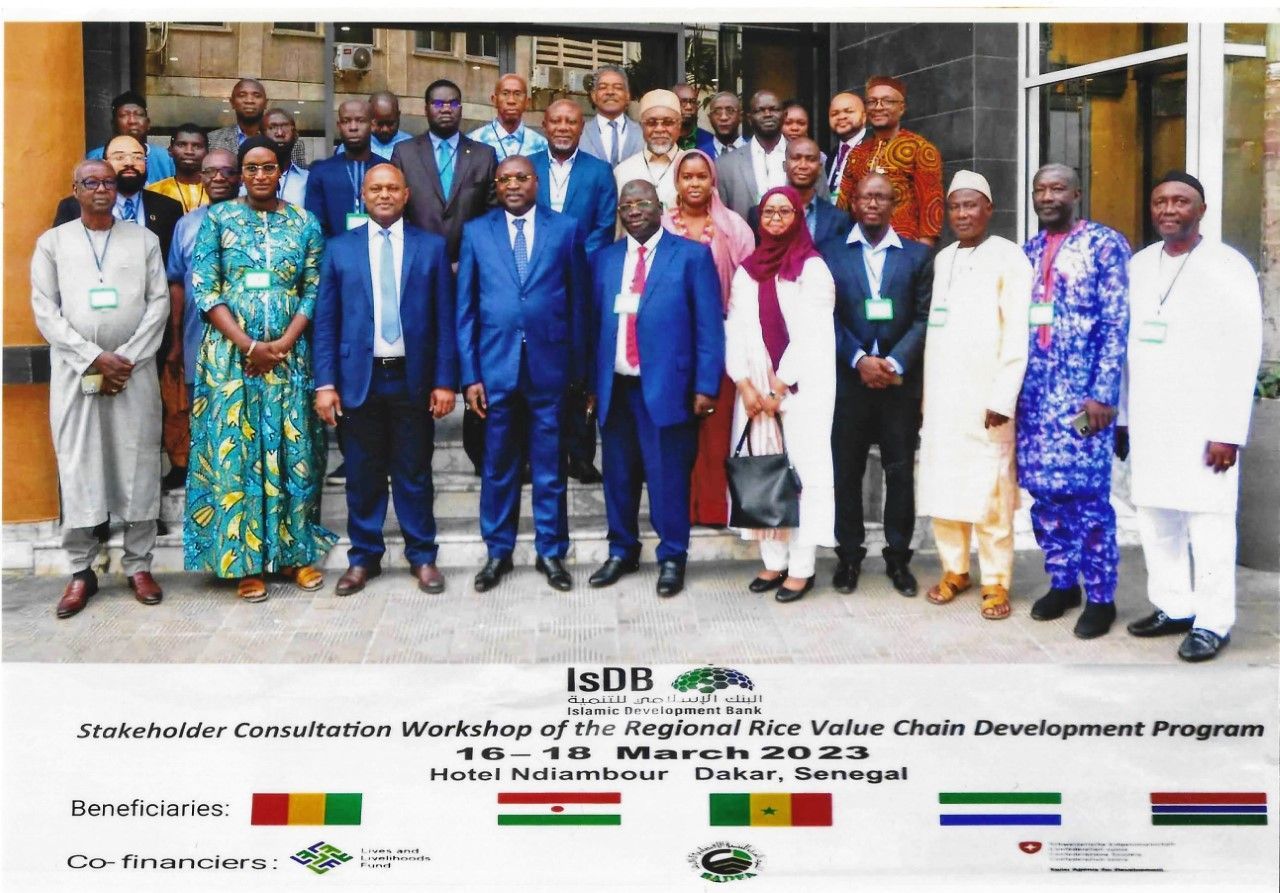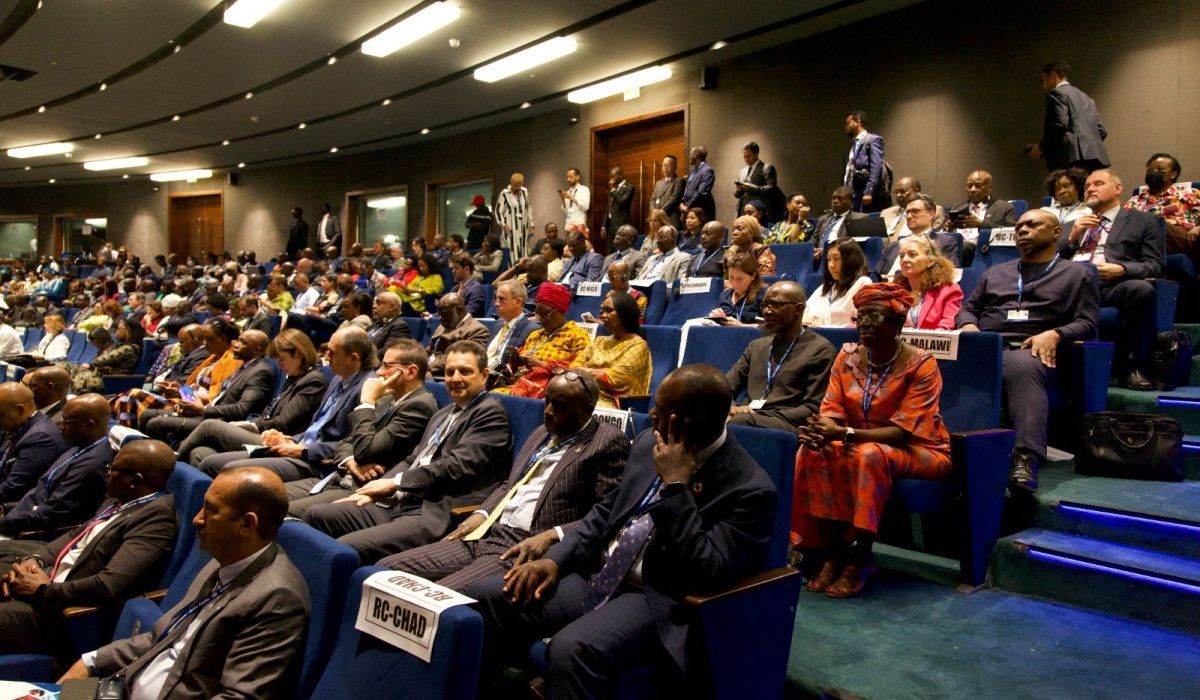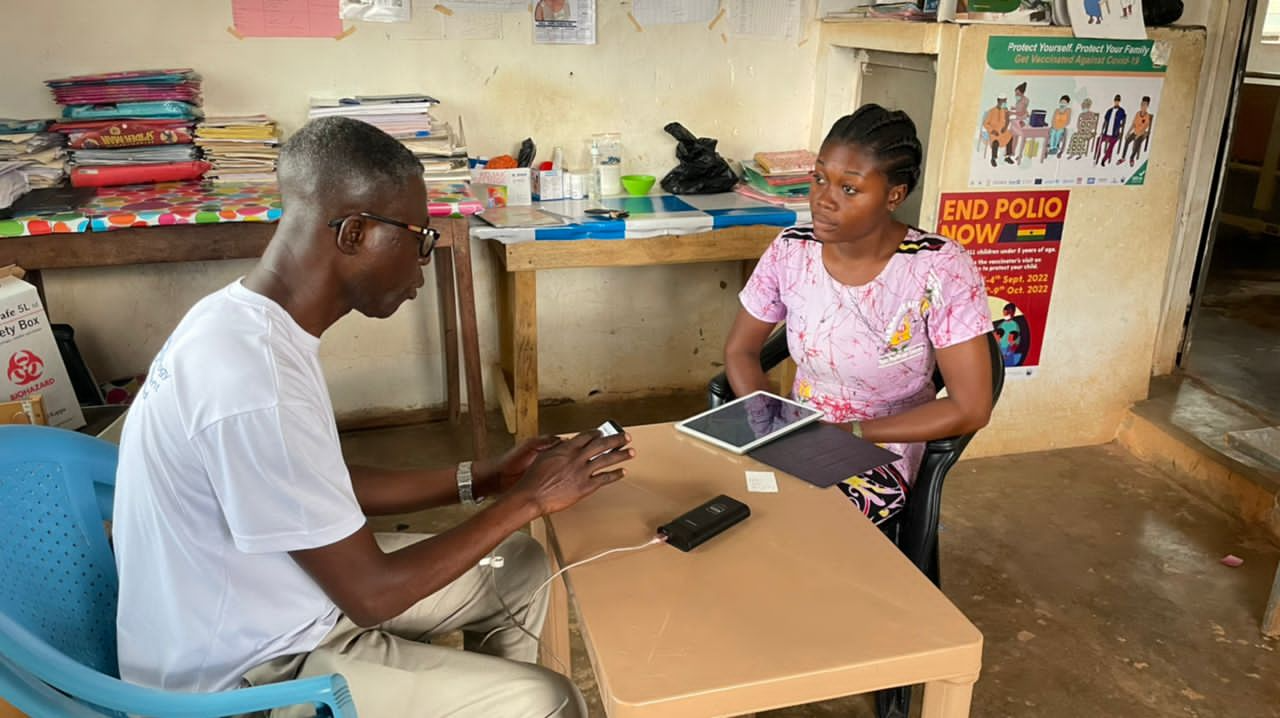Real-time Info System Developed to Halt Spread of Ebola
Although the Ebola epidemic that raged in West Africa has largely disappeared from headlines in recent months, it was only a couple of weeks ago that the last country still battling the epidemic, Guinea, was declared Ebola-free , a full two years after the disease started spreading in December 2013. (Photo above: Contact tracers in Conakry attend a refresher training on using CommCare during household visits.)
During this time the epidemic has caused more than 28,000 infections and 11,000 deaths across West Africa. In order to contain an infectious disease like Ebola, which spreads rapidly through direct contact with blood or other body fluids of an infected person, the chain of transmission from one person to another needs to be disrupted. This is difficult to do when Ebola symptoms such as fever, vomiting, and fatigue are characteristic of many illnesses, and the natural act of caring for a sick person puts the caregiver at risk.
Additionally, Ebola has a 21-day incubation period, which means that someone who has been exposed to the virus could see symptoms develop anywhere between 2 and 21 days after contact with an infected person, a significant window during which the presumably healthy individual could be carrying the virus to yet another location. Exposed individuals need to be identified and monitored during this 21-day period so that if they develop symptoms, they can be transferred to a treatment center as soon as possible. Early isolation and treatment increase the patient’s chances for survival, as well as decrease the window of time during which the disease can be passed on to someone else. This process is known as contact tracing, and it is the cornerstone of epidemic control.
In a recent article in Global Health: Science and Practice , the Earth Institute’s Ebola response team documents how it established a real-time information system in order to facilitate contact tracing activities in Guinea. Contact tracing during the Ebola epidemic has been a particular challenge due to the sheer numbers of individuals requiring monitoring (called “contacts”), which at one point reached almost 4,000 contacts spread across half of the country’s 33 prefectures. Contract tracers were recruited from the local community and trained to visit their assigned contacts every day for 21 days to monitor for Ebola symptoms and to provide Ebola-related information.
Traditionally, a paper-based data collection system was used to record information about contacts’ health status, using paper forms that started with the contact tracers and passed through multiple levels of management before the aggregated results were available for analysis, dissemination, and response. This time-intensive process of entering, collating, and cleaning data caused delays between the time that the data was first collected by contact tracers and the time when it was available to the response teams to inform their decision making. Furthermore, the number of hands that the data passed through allowed for more errors and made it difficult to identify where errors might have been introduced.
In September 2014, President Alpha Conde requested the assistance and technical guidance of the Earth Institute at Columbia University (EI) and Millennium Promise (MP) to strengthen this flawed contact tracing information system. In partnership with the United Nations Population Fund (UNFPA) and Guinea’s National Ebola Coordination, the joint EI-MP Ebola response team launched a mobile platform and data analytics system for contact tracing. Building on experience working with community-based mobile health information systems for community health workers in the Millennium Villages Project , the program used android smartphones and the CommCare ODK-based software application to:
(1) “Improve quality of work through built-in workflow algorithms for contact tracers
(2) Facilitate real-time identification of contacts who have not been visited, allowing same-day intervention, and
(3) Increase accountability of contact tracers through timestamps and GPS points collected with their surveillance data.”
Data could be collected offline, saved on the phone, and submitted when 2G, 3G, or WIFI networks are available. The data were then automatically loaded into a web-based analytical dashboard powered by Tableau and updated on an hourly basis, enabling rapid access to analyzed data by prefecture and national-level surveillance teams. Additionally, multimedia Ebola education messages were loaded into the CommCare application to support the contact tracers in educating the community about Ebola.
First piloted in Conakry, the program covered 5 prefectures in Coastal Guinea. Approximately 350 contact tracers and 84 supervisors were trained to use the system, and over 18,000 contacts were monitored.
The implementation of technology during an emergency outbreak certainly had its challenges – including issues with training and hardware management, coordination among partners, and building data utilization capacity among over-burdened government staff – and in most locations the mobile contact tracing system was used in conjunction with the paper-based one. Nonetheless, the program demonstrates the ability to quickly mobilize, train, and deploy a community-based cadre to use sophisticated, smartphone-based information systems during complex emergencies in low-resource settings. This initiative documents the potential of innovative technologies, deployed with “proper technical capacity and oversight”, to “expand access to critical data from remote communities to control an outbreak” as well as help prevent future outbreaks.
Now that Guinea has been declared Ebola-free, the country enters a 90-day period of heightened surveillance. We hope that the lessons learned from the mobile contact tracing program can inform future efforts to make strong community-based information systems integral to health systems strengthening and emergency preparedness initiatives.
The full version of the paper “Introduction of Mobile Health Tools to Support Ebola Surveillance and Contact Tracing in Guinea” is available at the Global Health: Science and Practice open access site.
The full suite of materials on Ebola sensitization and CommCare for community-based health workers can be found on the Millennium Villages Project website.
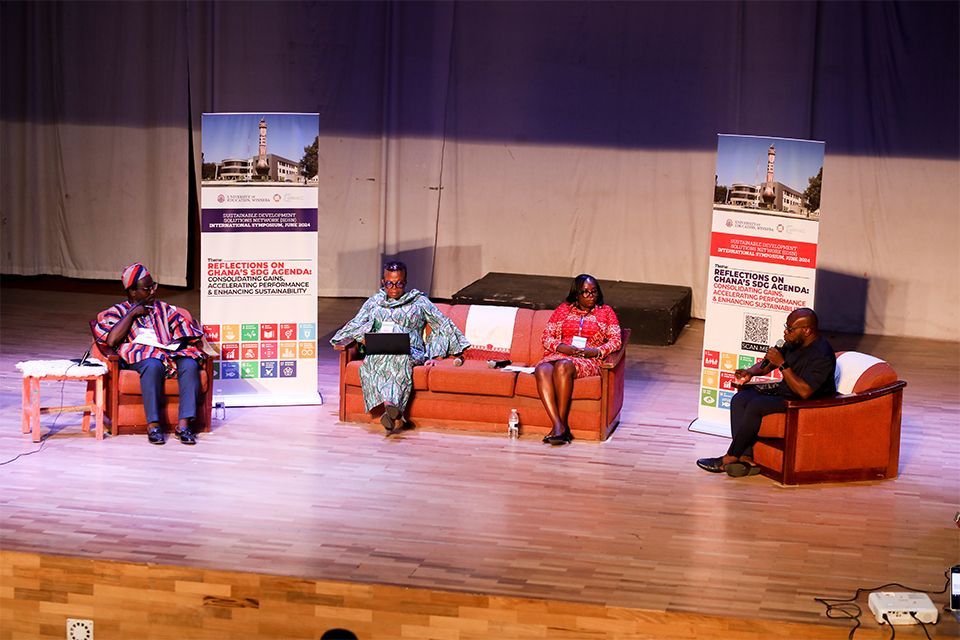
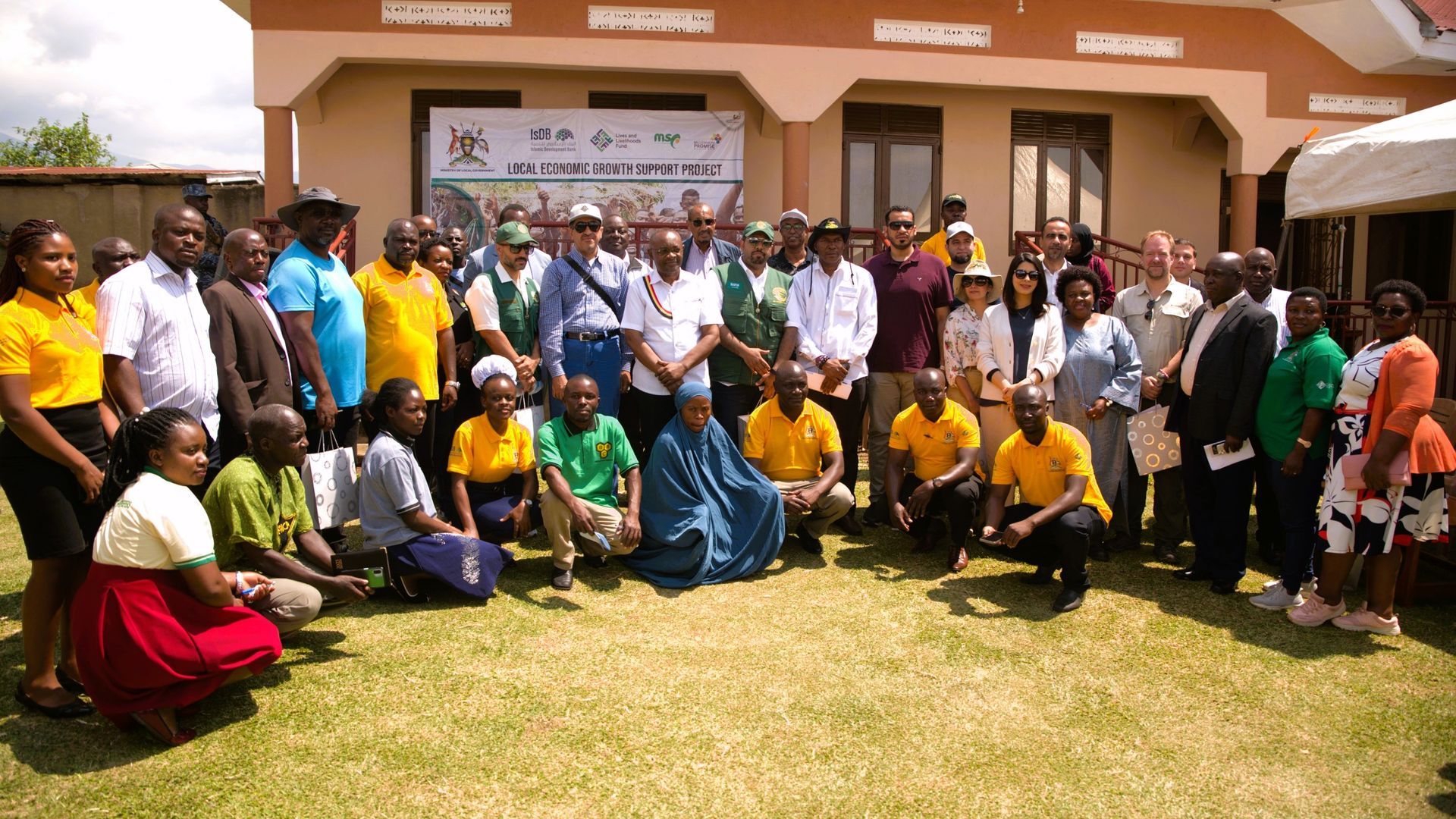
Lives and Livelihoods Fund Engages with Ugandan Officials to Boost Economic Growth and Food Security
